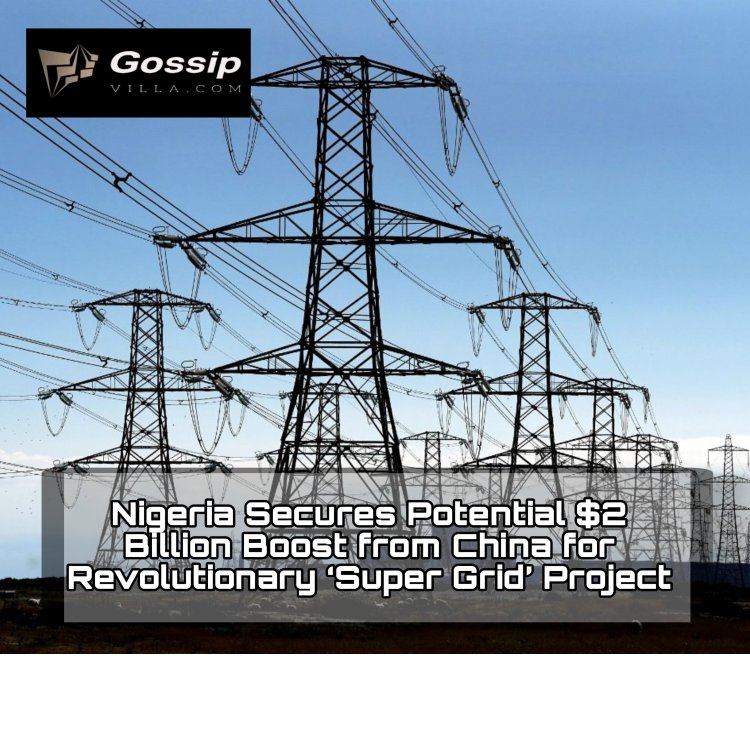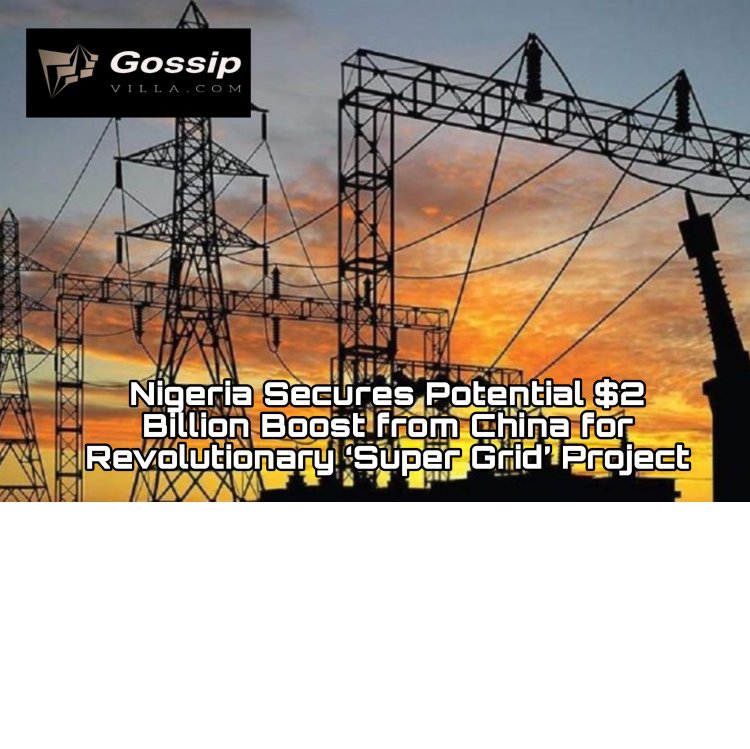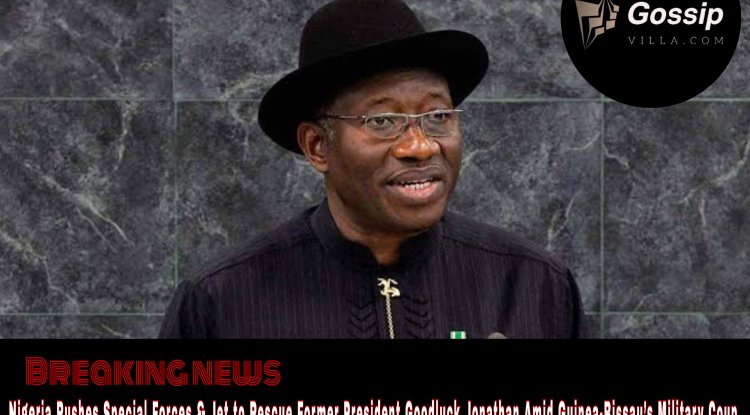Nigeria Secures Potential $2 Billion Boost from China for Revolutionary ‘Super Grid’ Project
Nigeria is negotiating a $2 billion loan with China’s Export-Import Bank to fund a revolutionary “super grid” project

Nigeria Secures Potential $2 Billion Boost from China for Revolutionary ‘Super Grid’ Project
Nigeria’s persistent power crisis has long been a thorn in the side of its economic ambitions, with blackouts crippling industries and households alike. But there’s fresh hope on the horizon. On October 6, 2025, Minister of Power Adebayo Adelabu announced that the country is in advanced negotiations with China’s Export-Import Bank (Exim Bank) for a $2 billion loan to construct a new “super grid.” This ambitious infrastructure project aims to overhaul the nation’s unreliable electricity transmission system, targeting chronic shortages that have stunted industrial growth for decades.
The disclosure came during the Nigerian Economic Summit in Abuja, where Adelabu highlighted the super grid’s role in connecting Nigeria’s eastern and western regions—home to most of the country’s industrial hubs. These areas have suffered immensely from frequent outages, forcing over 200 major companies to generate their own power using costly diesel or solar plants. In fact, captive power facilities now produce more than 6,500 MW, surpassing the national grid’s effective output of around 4,500-5,000 MW. The super grid promises to reverse this trend by decentralizing power generation and luring heavy users back to the national network with improved reliability and efficiency.

Why Nigeria Needs This Super Grid
Nigeria’s power sector has been plagued by inefficiencies, with the economy losing an estimated $25 billion annually—about 6% of GDP—to unreliable electricity. Factories grind to a halt during blackouts, small businesses rely on expensive generators, and even basic household needs go unmet. Recent data from the Nigerian Electricity Regulatory Commission (NERC) reveals multiple grid collapses in 2024 alone, including nationwide blackouts that underscore the system’s fragility.
The proposed super grid isn’t just about adding more lines; it’s a high-tech upgrade. Adelabu described it as incorporating smart grid technology, digital monitoring, and modern substations to minimize losses, optimize load management, and ensure steady power flow to manufacturing zones. By linking key industrial corridors, the project could boost transmission capacity, reduce outages, and foster growth in sectors like manufacturing and agriculture. Imagine factories operating at full tilt without the constant hum of backup generators— that’s the vision here.
This initiative aligns with broader reforms under President Bola Tinubu’s administration. Since 2023, measures like fuel subsidy removal and electricity tariff adjustments for urban consumers have injected new life into the sector. These changes led to a 70% revenue surge for power companies in 2024, with projections hitting ₦2.4 trillion ($1.6 billion) this year—a 41% increase. Such financial stability is crucial for reinvesting in infrastructure, and the super grid fits perfectly into this momentum.
Building on Recent Wins and International Partnerships
Nigeria isn’t starting from scratch. The country has already secured significant funding for power upgrades in 2025. For instance, a $2.3 billion partnership with Siemens for transmission enhancements was announced in April, alongside over $2 billion for grid expansions and off-grid projects by July. Additional deals include $1.1 billion from the African Development Bank for electricity access, $70 million from the International Finance Corporation for mini-grids, and a $328.8 million agreement with Chinese firm CMEC to bolster transmission infrastructure.
The Federal Executive Council has already greenlit the financing for the super grid, signaling strong governmental backing. Negotiations with China’s Exim Bank are progressing positively, as confirmed by Adelabu’s team. China has been a key partner in Nigeria’s infrastructure push, with trade between the two nations surging 34.7% to $15.48 billion in the first half of 2025 alone. This loan could unlock further investments, potentially in related areas like the sugar value chain.
Challenges Ahead
While the prospects are exciting, hurdles remain. Nigeria’s debt burden is deepening, with critics warning that new foreign loans could strain finances amid high inflation and heavy debt servicing. Past projects have faced delays, corruption, and implementation issues, so transparency and safeguards will be key. Adelabu has assured stakeholders that lessons from previous pitfalls will be applied, emphasizing private sector involvement and efficiency.
Moreover, the super grid must prioritize equitable access. As one commentator noted on social media, it “must serve all,” ensuring rural and underserved areas aren’t left behind. Integrating renewable energy sources could also enhance sustainability, reducing reliance on fossil fuels and aligning with global climate goals.
A Brighter Future for Nigeria’s Power Landscape
If successful, this $2 billion super grid could be a game-changer, revitalizing industries, creating jobs, and curbing inflation fueled by generator costs. By restoring confidence in the national grid, Nigeria could attract more investors and accelerate its path to economic diversification. As negotiations continue, all eyes are on how this partnership with China unfolds.
This development underscores Nigeria’s proactive stance on energy challenges. With strategic reforms and international collaboration, the end of chronic blackouts might finally be in sight. Stay tuned for updates as the super grid takes shape—powering a stronger, more prosperous nation.
Source
What's Your Reaction?




















